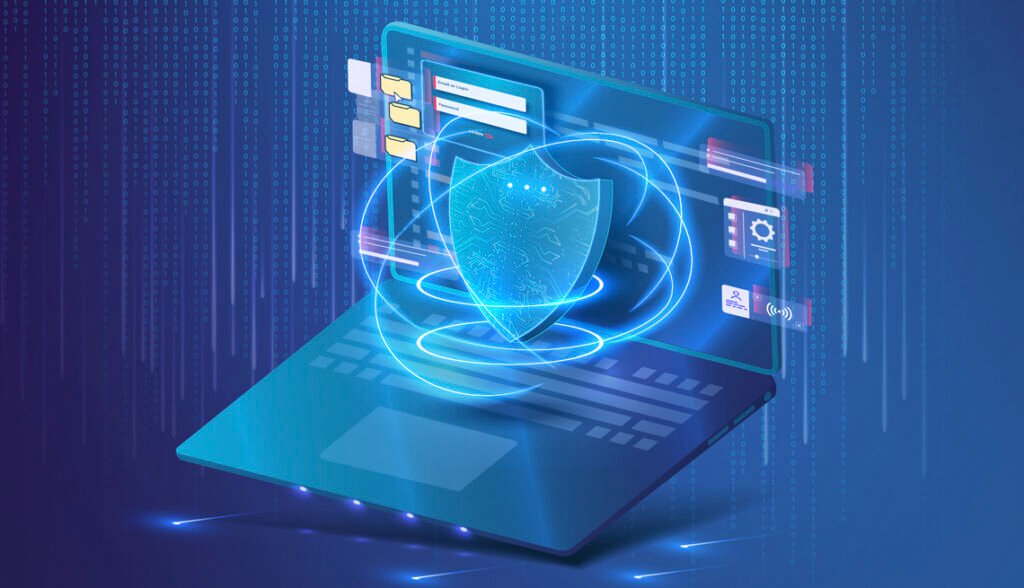
Antivirus
The Role of Antivirus Software in Cybersecurity
In today’s digital landscape, where cyber threats are constantly evolving and becoming more sophisticated, antivirus software plays a crucial role in safeguarding systems and data from malicious attacks. This article explores the importance of antivirus software, its key features, and how it contributes to overall cybersecurity.
1. Importance of Antivirus Software:
Antivirus software is designed to detect, prevent, and remove malicious software, commonly known as malware, from computers and networks. It serves as a frontline defense against a wide range of threats, including viruses, worms, Trojans, ransomware, spyware, and adware.
2. Threat Detection and Prevention
Antivirus software uses signature-based detection, heuristic analysis, and behavior monitoring to identify and block known and unknown threats. Signature-based detection involves comparing file signatures against a database of known malware signatures, while heuristic analysis examines suspicious behaviors and patterns indicative of malware activity.
3. Real-Time Protection:
Many modern antivirus solutions offer real-time protection, constantly monitoring system activities and incoming data for signs of malicious behavior. Real-time scanning helps prevent malware infections by detecting and blocking threats before they can execute and cause damage.
4. Malware Removal and Quarantine:
When malware is detected, antivirus software takes action to remove or quarantine the malicious files, preventing them from harming the system or spreading to other devices. Quarantine allows users to isolate suspicious files for further analysis without risking system integrity.
5. Automatic Updates and Vulnerability Patching:
Antivirus software regularly updates its malware definitions and detection algorithms to stay ahead of new and emerging threats. Additionally, some antivirus solutions offer vulnerability scanning and patch management features to identify and patch security vulnerabilities in operating systems and applications, reducing the risk of exploitation by attackers.
6. Web Protection and Phishing Detection:
Many antivirus products include web protection features that block malicious websites, phishing attempts, and fraudulent URLs. Web filtering and URL reputation checks help users avoid clicking on malicious links and accessing harmful content that can compromise security.
7. Performance Optimization:
Modern antivirus software is designed to minimize system resource usage and impact on system performance. It runs scans and updates in the background, scheduling tasks during idle times to ensure minimal disruption to user activities while maintaining optimal security posture.
8. Centralized Management and Reporting:
For businesses and organizations, antivirus software often includes centralized management consoles that allow IT administrators to deploy, monitor, and manage antivirus protection across multiple devices and endpoints. Reporting tools provide insights into security incidents, threat detections, and compliance status.
Conclusion:
Antivirus software is a fundamental component of cybersecurity, providing essential protection against malware threats and cyberattacks. By leveraging threat detection, real-time protection, malware removal, automatic updates, web protection, and centralized management, antivirus solutions help individuals and organizations safeguard their digital assets, maintain data integrity, and mitigate cybersecurity risks effectively.
